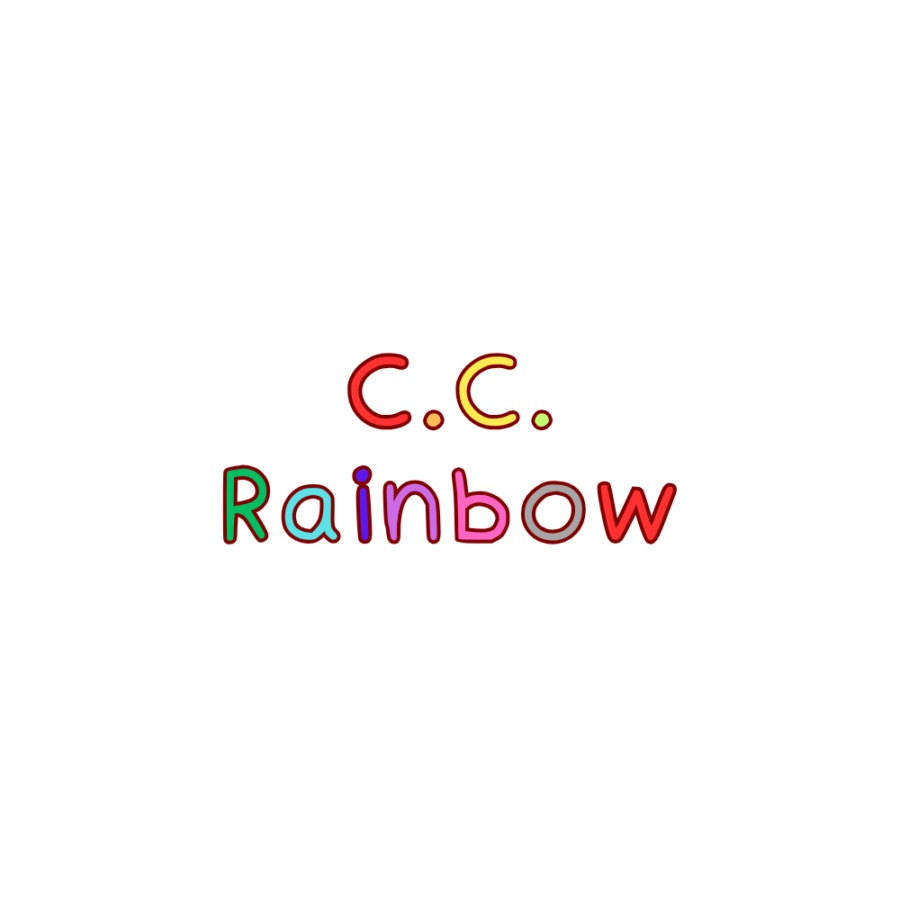Lesson 6~Adjectives~
Words list for this lesson
い-adjectives
|
日本語 は むずかしい です。 (Nihongo wa muzukashii desu.)
…Japanese is difficult.
|
い-adjectives always finish with い.
・あつい/さむい
今日 は あつい です。
(Kyo wa atsui desu.)
…It is hot today.
今日 は さむい です。
(Kyo wa samui desu.)
…It is cold today.
・大きい/小さい
ぞう は 大きい です。
(Zou wa ookii desu.)
…Elephants are big.
ねずみ は 小さい です。
(Nezumi wa chiisai desu.)
…Mice are small.
|
Q: 日本語 は むずかしい です か? (Nihongo wa muzukashii desu ka?)
…Is Japanese languege difficult?
A①:はい、 むずかしい です。 (hai, muzukashii desu.)
…Yes, it is difficult.
A②:いいえ、 むずかしくありません。 (iie, muzukashikuarimasen.)
…No, it is not difficult.
|
い-adjectives change to 「-くありません。」in negative sentences.
な-adjectives
|
あした は ひま です。 (Ashita wa hima desu.)
…Tomorrow will be boring .
|
な-adjectives need な after the words, when they qualify the following nouns.
・しずか(な)/にぎやか(な)
この こうえん は しずか です。
(Kono kouen wa shizuka desu.)
…This park is quiet.
この こうえん は にぎやか です。
(Kono kouen wa nigiyaka desu.)
…This park is lively.
・べんり(な)/ふべん(な)
とかい は べんり です。
(Tokai wa benri desu.)
…Urban cities are convenient.
いなか は ふべん です。
(Inaka wa huben desu.)
…Rural cities are inconvenient.
|
Q: 明日 は ひま です か? (Ashita wa hima desu ka?)
…Will tomorrow be boring?
A①:はい、 ひま です。 (hai, hima desu.)
…Yes, it will be boring.
A②:いいえ、 ひまじゃありません。 (iie, himazya arimasen.)
…No, it will be boring.
|
な-adjectives need じゃありません after the words in negative sentences.
とても/あまり
とても
|
ふじさん は とても たかい です。 (Fuzisan wa totemo takai desu.)
…Mt. Fuji is very high.
|
とても means “very”.
It is always used in positive seentences.
あまり
|
今日 は あまり げんき じゃありません。 (Kyo wa amari genki zyaarimasen.)
…I am not very good today.
|
あまり means “not very”.
It is always used in negative sentences.
中国 は 大きい くに です。
|
中国 は 大きい くに です。 (Cyugoku wa ookii kuni desu.)
…China is a big country.
|
Adjectives can come in front of nouns.
私 は コーヒー が 好きです。
|
私 は コーヒー が 好き です。 (Watashi wa ko-hi- ga suki desu.)
…I like coffee.
|
We learned 「かばん は 大きい です」before.
「好き」is an adjective too, but it use different particles.
は is for topic, like who does the sentence or what the sentence is about.
が is for the subject of the sentence.
So,「かばん は 大きい です」 is “the bag is big”.
「私 は コーヒー が 好き です」is “Coffee is the things (I like).” The topic is 私, the subject is コーヒー.
|
Q:あなた は コーヒー が 好き です か? (Anata wa ko-hi- ga suki desu ka?)
…Do you like coffee?
A①:はい、 好き です。 (hai, suki desu.)
…Yes, I like coffee.
A②:いいえ、 好き じゃありません。 (iie, suki zya arimasen.)
…No, I do not like coffee.
|
・私 は おさけ が きらい です。
(Watashi wa osake ga kirai desu.)
…I hate alcohol.
・私 は にほんご が じょうず です。
(Watashi wa nihongo ga zyouzu desu.)
…I am good at speaking Japanese.
・私 は え が へた です。
(Watashi wa e ga heta desu.)
…I am bad at drawing.
おこのみやき より たこやき の ほう が おいしい です。
|
Q:おこのみやき と たこやき と どちら が おいしい です か? (Okonomiyaki to takoyaki to dochira ga oishii desu ka?)
…Which is tastier okonomiyaki or takoyaki?
A:(おこのみやき より) たこやき の ほう が おいしい です。 (Okonomiyaki yori takoyaki no hou ga oishii desu.)
…Takoyaki is tastier than Okonomiyaki.
|
It’s conparavive sentense. English uses “er”, but Japanese doesn’t have the form.
It use「 A より(yori) B の ほう が(no hou ga) ○○」です。
ex)ぞう より ねずみ の ほう が 小さい です。
(zou yori nezumi no hou ga chiisai desu.)
…Mouse is smaller than Elephant.
いちねん で なつ が 一番 あつい です。
|
Q:いちねん で いつ が 一番 あつい です か? (Ichinen de itsu ga ichiban atsui desu ka?)
…When is the hottest season in a year?
A:なつ が 一番 あつい です。 (Natsu ga ichiban atsui desu.)
…Summer is the hottest in a year.
|
|
Q:イタリアりょうり で 何 が 一番 すき です か? (Itariaryouri de nani ga ichiban suki desu ka?)
…What is the best italian food for you?
A:パスタ が 一番 すき です。 (Pasuta ga ichiban suki desu.)
…Pasta is the best italian food for me.
|
|
Q:せかい で どこ が 一番 きれい です か? (Sekai de doko ga ichiban kirei desu ka?)
…Where is the most beautiful place in the world?
A:イギリス が 一番 きれい です。 (Igirisu ga ichiban kirei desu.)
…The UK is the most beautiful in the world.
|
一番(ichiban)means “the most”. The answer is depending on the question word such as いつ(itsu), 何(nani) orどこ(doko).
Kanji practice!
| 大 |
おお(きい) / ダイ・タイ
(Ookii / dai・tai ) … big
| 小 |
ちい(さい) / ショウ
(chiisai / shou ) … small
| 中 |
なか / チュウ
(naka / chu ) … middle, center
| 国 |
くに / コク
(kuni / koku ) … country
| 好 |
す(き) / コウ
(suki / kou ) … like, love
関連情報





